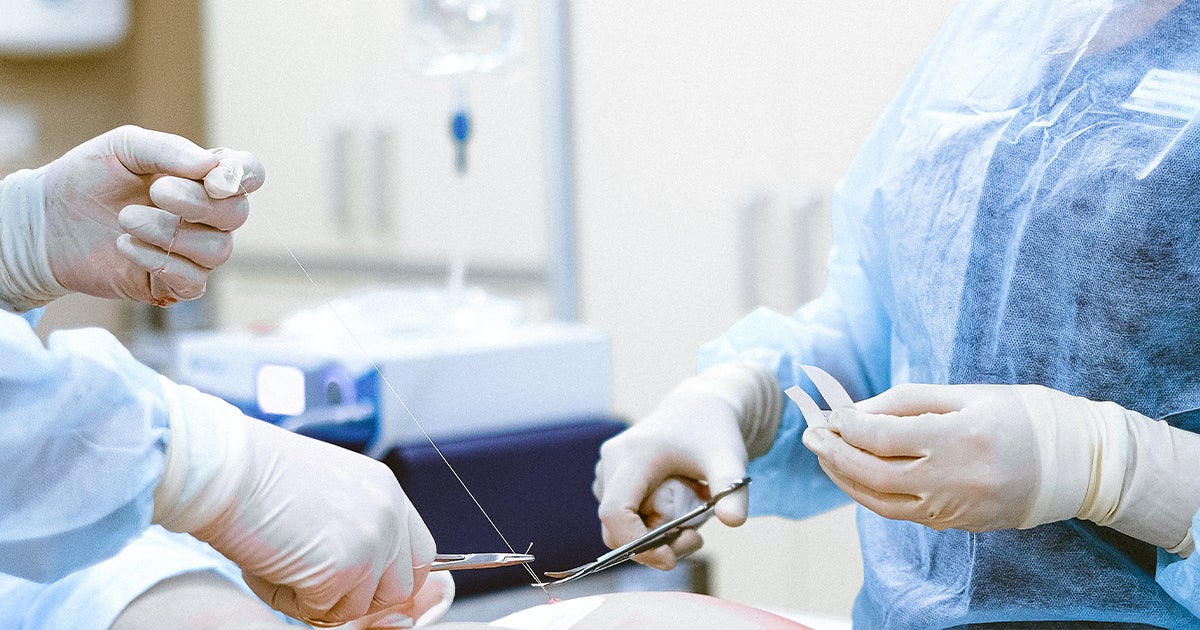How am I supposed to lose weight if you keep shoving more parts in me?
Hold a sec while I insert this hyperactive thyroid. …just one more transplant…
Bonus kidneys?
every once in awhile I remember I have internal organs and it gives me the ick
Fr, the worst is skull awareness when you raise your lip. I am this flesh? This physical mediocrity? It cannot be
Sometimes I wish that I didn’t have a corporeal body. It would be better to just be a mind.
The brain doesn’t do so well in isolation of stimulus for a long period of time.
Donate them and no more ick
there was a Law & Order Criminal Intent episode about that
Have you noticed you suddenly can’t find a comfortable spot for your tongue? And how much effort it takes to keep you jaw shut?
Also, you’re now blinking and breathing manually.
Easy there, Satan.
Oh, that’s nothing. Your ears are now ringing.
Always.
I’ve been a stoner for years, you’re not going to get me with those
Better than external ones, I suppose.
Maybe if you imagined then being played angrily by tiny little opera phantoms it would help.
I like to imagine my insides are a swamp and I need to drink water to keep the frogs healthy
They dont explain it though.
I presume the kidneys dies out on its own and the cells get recycled by the body?
It’s more that there’s a higher risk of complications if they remove the old kidneys. However, they do start taking them out if you’ve had more than two transplants.
How many kidneys can one body hold!
Removing it is more traumatic to the body, so they just leave it in.
I wonder how they found that out.
- Hey Nick, where did you put the old kidney I can’t see it anywhere?
- Uh-oh… It’s… I’m sure it’s fine, listen I have to run to a meeting, just keep an eye on this patient.
Nah, it’s still there just not doing anything. If it’s not infected or anything wrong beside it being lazy there’s no need to remove it.
If they took it out, it would leave a big cavity that they would have to fill with beans.
one large mean green kidney bean??
Yeah, but if you get the right beans type, it can form a new kidney and then you’ll have two kidneys again after the transplant. If you get it wrong, then there’s a chance of rejection, though. So most doctors don’t use beans.
If they filled the space with kidney beans, then they’d have even more kidneys!
you mean dry ramen, right?
Oh no, we’re not starting that shit again!
Why are you red?
Prob an admin of your insurance
Team killer
That’s the fucker with all the extra kidneys
red sus
mmm Beans
You can never have too many kidneys.
they don’t completely disappear, but they do die and shrivel up.
“And such plentiful organs!”
Came here to post this and you beat me by 8 hours.
I AM ZIM!
You gotta be kidneying me
I know what you bean.
(sorry I have a cold)
Where do u find these cursed facts, they enlighten my day
I am a wiki-phile.
Thanks, you just reminded me to subscribe to
https://lemmy.world/c/wikipedia
So many quality rabbit-holes!
Ok that was awesome just subscribed …no sarcasm.
Yes, it’s so intriguing. Set a timer, if you want to avoid a whole day timesink. :D
Thank you for the link I have just been going random on wiki but this seems alot better.
Hey, op! I just wanted to thank you again for your contributions. You’ve cleaned up your posts a lot better, and I’m glad to see how much more traction they’ve been getting. Nicely done!
can i get an internet hug now? lol
Yup, it blew my mind when I first learned about it.
Back in high school, I did a kind of medical jobs class that supposedly prepped us for entry into medical training, to help decide if or was right for us, and which fields we might go into. There was more than that, but that was the basic idea.
The last year of the class was going out and playing tag-along on various jobs. Nursing, radiology, pathology, dentistry, whatever.
One of the things we got to go to was a transplant unit. Finding out that kidneys (usually) stay in was kinda crazy because the obvious thing is that they’re diseased, maybe dying, so why would you leave them in, wouldn’t that cause trouble down the road?
Blew all our little minds lol
Afaik it’s a situation where the less things you have to do the better, even if the only benifit is shortening the length of surgery by minute or more, it’s probably saving lives leaving it in as a protocol.
Pretty much, that’s the explanation given back then.
Iirc it was phrased more that the risks of complications from removing the less healthy ones and all the blood supply issues that go with that complicat e the surgery in both time and possible unwanted outcomes. So damn near exactly what you said :)
There’s times it has to be done, but to the best of my knowledge, the majority of cases, the kidneys aren’t doing anything bad, they’re just not working right.
If I have any take-aways from nursing school, it’s that kidneys are fucking bullies. Your kidneys will demand blood even if it means starving your brain; kidneys above all else. Selfish bastards
Before dialysis, poor kidney perfusion meant immediate AKI and thus death, so I get it.
Not really related, but of a similar vein:
A buddy of mine is an ER surgeon in a rough city in the US. Says that they usually don’t take out bullets from people, just leave them unless they’re causing a problem specifically. It blows my mind that the human body is just fine with it
Would they not be able to go through metal detectors or get MRIs? And is lead poisoning not an issue? Maybe getting it out is more risky, but it seems like there’d be downsides.
Iirc lead poisoning isn’t much of an issue because your body encapsulates it, preventing the body from absorbing it.
Metal detectors are a non issue. My dad has several pieces of metal in his spine from surgeries. He occasionally sets off metal detectors, but it’s never been a huge issue with security. It’s more common than you think. People have metal plates, screws and general hardware put it surgically for a variety of reasons. It’s fairly common.
Humans are so metal (with a little bit of surgery)
Probably depends on the round as well. NATO rounds are fully jacketed so the copper would have to dissolve before the lead was exposed to the body. For a hollow point or otherwise damaged round, then I think yes lead would be exposed to the body. No clue about danger of that though
You got me thinking. Cheap, non-hollow point rounds of all sorts are jacketed. I buy the crappiest ammo I can find and the .22s are the only rounds with exposed lead. And some of those are copper clad.
Copper being more expensive than lead, why is that? Smoother feeding, don’t get dented up, something like that?
Ooh look up dum dum rounds, there was a YouTube video I watched recently, but if you like firearms it’s a fun watch.
So iirc, lead is so soft that when we started using auto feeding the lead deformed and you would fail to load a round. Copper is used because it is softer than the steel barrel so the rifling will grab onto the bullet, but hard enough not to deform with normal use and in the barrel.
But then you find out that they are bad at killing humans.
The body:
the hell is this?Checks it out
Well I’m not dealing with it. I’m just gonna mark/wall it off.
Ah, the same way I deal with issues in my life. Good to know that the tendency goes all the way to the bone.
My grandfather lived with a bullet in his foot for the majority of his life. When he passed he was cremated and my mom asked if she could keep the bullet, but apparently nothing makes it out of the cremation process. Whatever metal you have inside you is turned to ash as well.
Some bits survive. E.g. an artificial hip.
yeah they don’t reach temps to melt titanium
Fun fact: cremation doesn’t completely burn up the human body. A certain amount of solid bone fragments remain, which are ground up. This almost entirely forms the “ashes”.
Assuming the bullet was lead (which melts at about a third of cremation fire temperatures), it likely ended up as little blobs and was then ground up. Your mother still has the bullet, it’s just in powder form now.
At high temperatures I believe iron will start to oxidize and “burn up”, will lead not do something similar?
I would suspect cremation temperatures could be high enough for lead boil off actually.
Made me look since I melt and pour lead doodads for fun.
Boiling point of lead: 1749C (Iron for comparison 2862C.)
Cremation (top of the range I found): 871
Just got a .177 pellet cut out of my hand while having another procedure. Took years until I noticed it bothering me.
Got a femur full of deck screws and titanium plates, took 10-years for the pain to 100% wear off, but all that might as well not be there for all I can feel.
What the fuck
There goes my plan to eat mine
Just tell them you have the fava beans and Chianti ready.
The operation to place a new kidney takes about 3-4 hours. The donated kidney is placed into your lower abdomen (belly area), where it’s easiest to connect it to your important blood vessels and bladder. You may be surprised to learn that your own kidneys generally aren’t taken out when you get a transplant. The surgeon leaves them where they are unless there is a medical reason to remove them
Fucking wild.
In a lot of cases the bad kidneys still do some work, even if not enough ok their own that you might as well get the benefit. And removing them adds risk.
I figured that was the case.
They don’t shove them to the side, they put the new kidney in the front 👍
Transplant patient here! Started with my 2 and then got 2 more added in my mid 30s. Later they took 1 of the transplanted ones out because it was clotting.
Score so far:
- 2 original kidneys that have basically been so damaged that they provide no filtering.
- 1 working transplant that is doing all the work and being a champ!
Do you think you’ll get a real life achievement if you can collect them all?
Kidneymon is what I’m calling this concept















